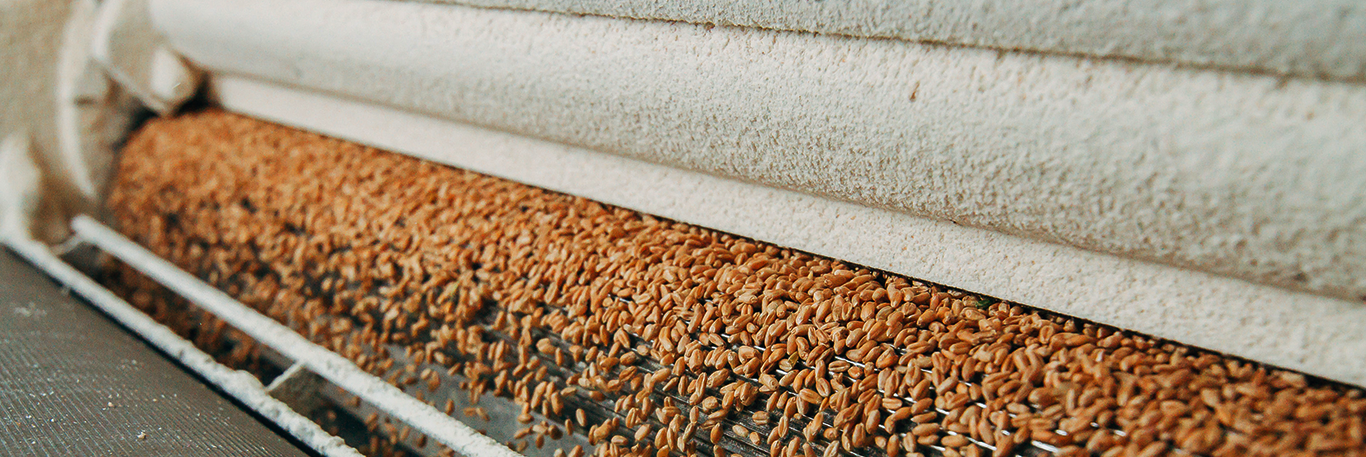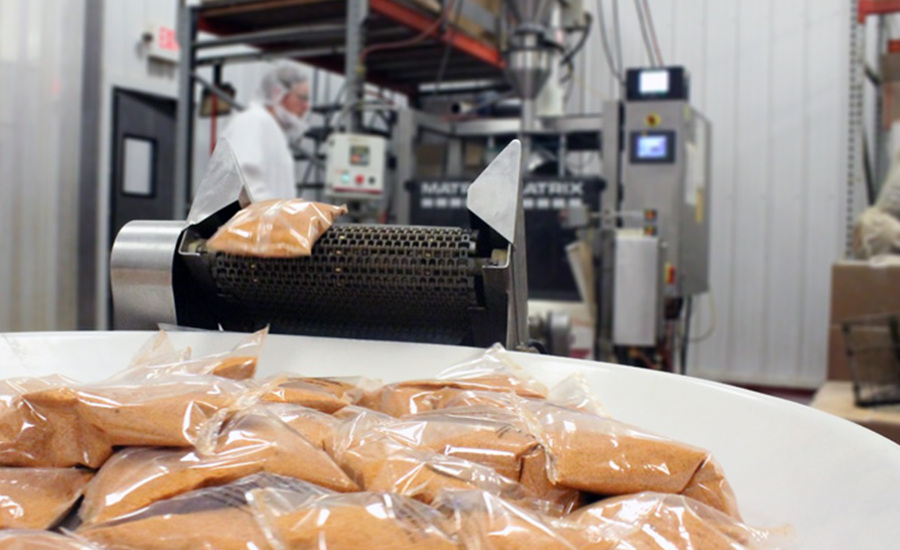Introduction
In today's swiftly advancing food sector, services are seeking lasting solutions to satisfy the growing demand for quality food while reducing their environmental influence. Contract food manufacturing has become a feasible alternative for business looking to outsource their manufacturing requires while preserving control over product growth as well as quality control. This write-up explores the principle of contract food manufacturing in Australia and also its function in advertising sustainability within the food industry.
The Rise of Contract Food Manufacturing in Australia
Understanding Contract Food Manufacturing
Contract food manufacturing is a critical collaboration in between a brand name proprietor and a contract supplier, where the last creates items in support of the former. This plan allows brand name owners to concentrate on marketing, product advancement, and also circulation while leveraging the proficiency and also sources of specialized contract manufacturers.
Benefits of Contract Food Manufacturing
Cost Efficiency: Contract food manufacturing eliminates the need for substantial capital investments in facilities, tools, as well as manpower. This cost-saving action enables brand names to allot their sources in the direction of various other important areas of business growth. Scalability: As need for a certain item rises and fall, agreement producers can swiftly adjust production degrees to accommodate market requirements. This adaptability ensures that brand names can meet consumer demand without excess stock or wastage. Expertise as well as Development: Contract suppliers frequently have extensive understanding and experience in particular food categories or procedures. By working together with these experts, brand names can tap into their imagination and harness cutting-edge solutions for item advancement as well as improvement. Quality Guarantee: With rigid quality control measures in place, agreement makers abide by sector criteria as well as regulative needs. This commitment to quality makes sure that brand names provide risk-free and also top quality products to consumers consistently. Supply Chain Monitoring: Contract food manufacturing improves the supply chain by combining production, packaging, labeling, as well as circulation under one roofing system. This integrated strategy reduces logistical intricacies as well as boosts general operational efficiency.The Environmental Impact of Agreement Food Manufacturing
Reducing Carbon Footprint
Contract food production uses opportunities to reduce the environmental impact of food production via different ways:

Embracing Renewable Energy
Contract food manufacturing facilities in Australia are progressively embracing renewable energy resources to power their operations. Photovoltaic panel, wind turbines, and also various other tidy power solutions help reduce dependence on nonrenewable fuel sources as well as contribute to a greener future for the industry.
Addressing Sustainability Difficulties in Contract Food Manufacturing
Waste Management and also Reusing Initiatives
Contract food suppliers prioritize waste monitoring via extensive recycling programs and waste decrease approaches. By implementing efficient waste segregation systems, firms can divert substantial quantities of waste from garbage dumps and also advertise a round economy.
Water Preservation Measures
Water shortage is a worldwide problem, and also agreement food suppliers play their component in addressing this challenge. Firms invest in water-saving innovations, such as advanced filtration systems and water reuse initiatives, to reduce their freshwater consumption.
Collaboration with Lasting Suppliers
Contract food makers proactively seek partnerships with vendors devoted to lasting methods. By prioritizing eco mindful providers, these companies ensure that their whole supply chain straightens with sustainability goals.
FAQs
What is contract food manufacturing? Contract food manufacturing refers to the outsourcing of food production to specialized producers that produce goods on behalf of brand name owners.
How can contract food manufacturing advantage organizations? Contract food manufacturing supplies price effectiveness, scalability, experience, and quality assurance to brands wanting to focus on advertising and marketing and distribution.
How does contract food manufacturing advertise sustainability? By optimizing resource usage, accepting renewable energy, and also implementing waste management as well as reusing initiatives, contract food manufacturing lowers its environmental impact.
What are some lasting product packaging options in contract food manufacturing? Green packaging materials such as biodegradable or recyclable choices are commonly made use of in contract food manufacturing to minimize waste.
How do agreement food manufacturers conserve water? Contract food makers buy water-saving technologies and also carry out water reuse initiatives to reduce their freshwater consumption.
What function does collaboration with lasting vendors play in contract food manufacturing? By partnering with ecologically mindful suppliers, contract food manufacturers ensure that their entire supply chain lines up with sustainability goals.
Conclusion
Contract food manufacturing provides a sustainable remedy for businesses seeking to meet the growing need for top quality foodstuff while lessening their ecological impact. By leveraging the proficiency of customized producers as Click for source well as adopting green methods, brands can contribute to a greener future for the Australian food market. Welcoming sustainability not just benefits the setting yet likewise boosts brand name track record and customer rely on a significantly aware market.

